I want Live Simply Natural to be a resource to help you feel empowered when making food choices, so I’m breaking down everything you need to know with the most common whole food ingredients. Today I’m sharing one of my fall and springtime favorites – BRUSSELS SPROUTS!
Produce Guide: Brussels Sprouts
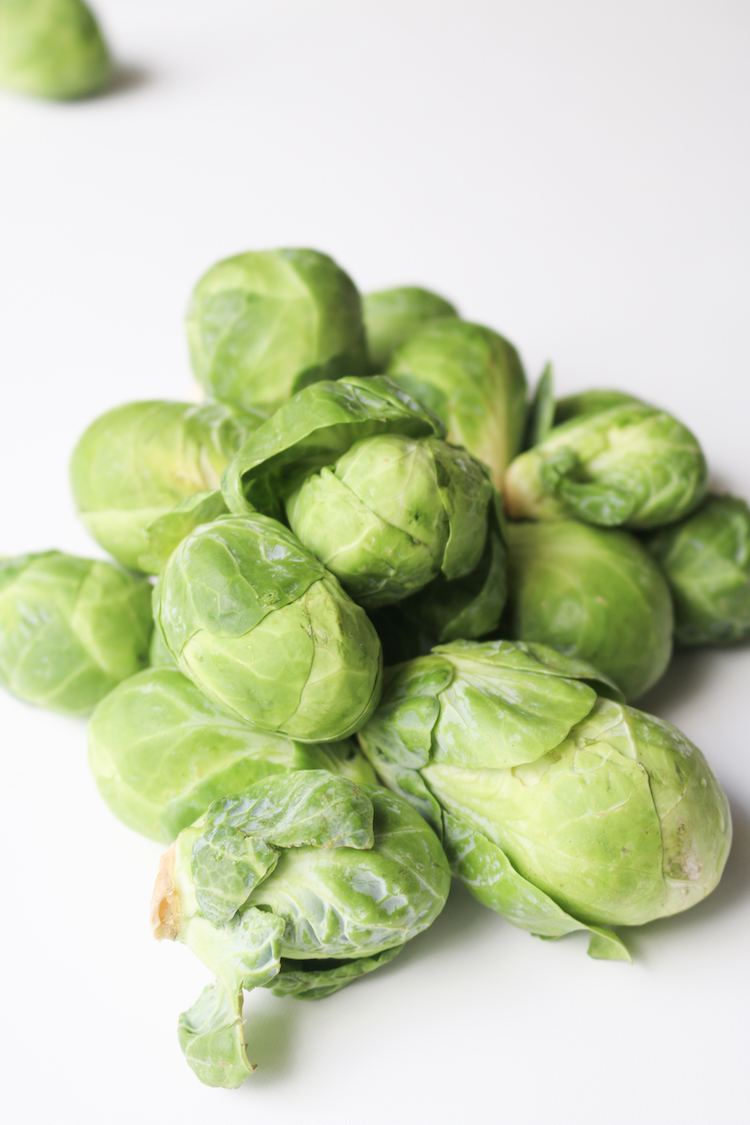 Brussels Sprouts, while having the opportunity to purchase them any time of year, are a cool season crop and are at their peak from fall to around the start of spring. Members of the cabbage family―and they look like it, too, most Brussels sprouts range from one to one-and-a-half inches in diameter. Though many know it for its bitterness, when properly cooked, sprouts offer complex flavor with a subtle crunch. They are delicious soups, baked or steamed until crisp-tender, or simply pan-seared with salt and pepper.
Brussels Sprouts, while having the opportunity to purchase them any time of year, are a cool season crop and are at their peak from fall to around the start of spring. Members of the cabbage family―and they look like it, too, most Brussels sprouts range from one to one-and-a-half inches in diameter. Though many know it for its bitterness, when properly cooked, sprouts offer complex flavor with a subtle crunch. They are delicious soups, baked or steamed until crisp-tender, or simply pan-seared with salt and pepper.
-
HEALTH BENEFITS
Brussels Sprouts, like other cruciferous vegetables, are full of phytonutrients (natural plant compounds), which may help protect against cancer. They’re a good source of Vitamins A and C, which help fight against heart disease, cancer, and cataracts (one-half cup of sprouts provides more than 80% of the recommended daily amount of vitamin C). Brussels sprouts are a good source of fiber, manganese, potassium, choline, and B vitamins. They even contain protein. But not only do Brussels sprouts contain well-known antioxidants like vitamin C, but they also contain others that are much less known that help your body ward off chronic oxidative stress, which is a risk factor for many types of cancer and other chronic diseases.
NUTRIENT BREAKDOWN OF BRUSSELS SPROUTS
*cooked brussels sprouts, 100g
- Fiber | 2.6 g (10% DV)
- Protein | 2.5g (5% DV)
- Carbohydrates | 7.1 g (2% DV)
- Vitamin C | 62 mg (103% DV)
- Vitamin A | 775 IU (15% DV)
- Vitamin K | 140 mcg (175% DV)
- Vitamin B6 | 0.2 mg (9% DV)
- Folate | 60 mg (15% DV)
- Magnesium | 2 mg (5% DV)
- Potassium | 317 g (9 % DV)
- Calcium | 36 mg (4 % DV)
- Iron | 1.2 mg (7% DV)
- Manganese | 0.2 mg (11% DV)
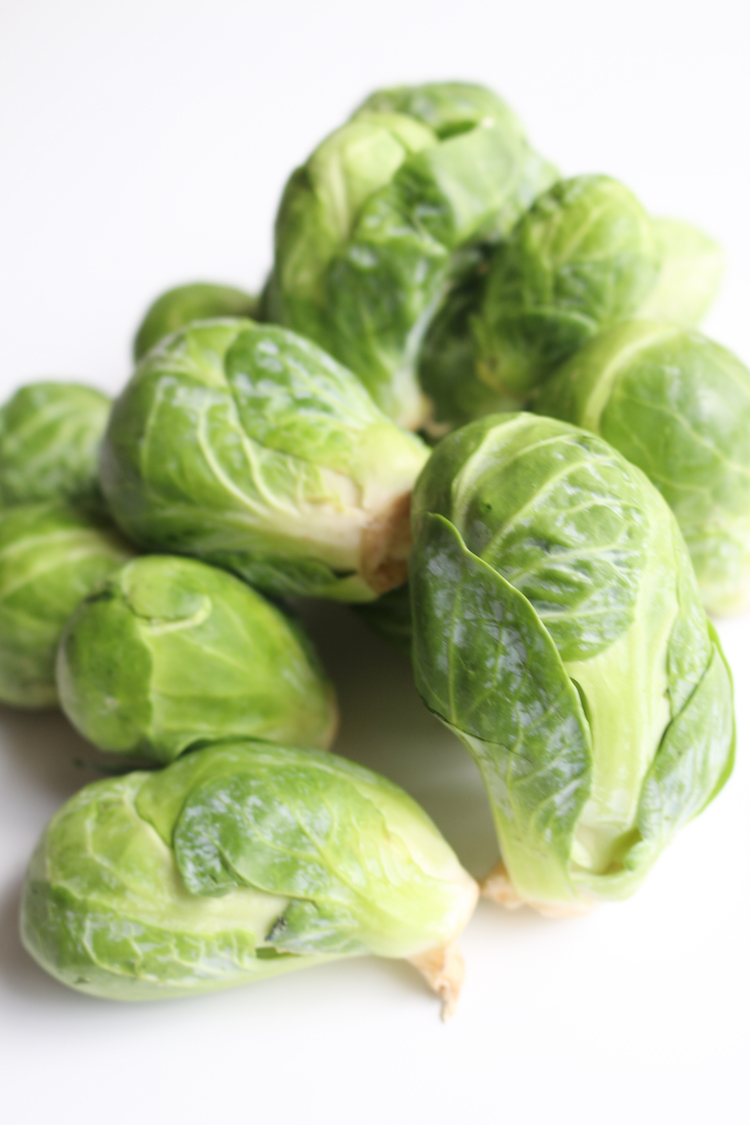
-
HOW TO BUY
When shopping for Brussels sprouts, you should always look for the same things: Look for firm, compact sprouts with green unwithered leaves. The base end discolors quickly after harvesting and will often be slightly yellow-brown but should not be dark. Fresh sprouts have no odor or a delicate smell. Those sold on the stalk are likely to stay in better condition for longer. Choose small, evenly-sized sprouts for ease of cooking. Your best bet for good Brussels sprouts is at a local farmers’ market as the brussels sprouts you get in supermarkets, even during peak season, have been out of the earth for far too long to really let their flavor shine.
-
HOW TO STORE
Remove any damaged or loose outer leaves, and store them in a produce bag in the coldest part of your refrigerator. Although they’ll last a couple of weeks, try to cook them as soon as possible; their flavor will start to become unpleasantly strong after 4-5 days, so the sooner you get it in the pan and into your belly, the better.
-
HOW TO PREPARE
Soak in lukewarm water for 10 minutes to draw out any insects in the leaves, then rinse under running water. Trim the ends but not right up to the base or the leaves will fall off during cooking. Remove any tired-looking outer leaves. Overcooking can make them mushy and taste sulfurous, which is why steaming or stir-frying them should be preferred to boiling.
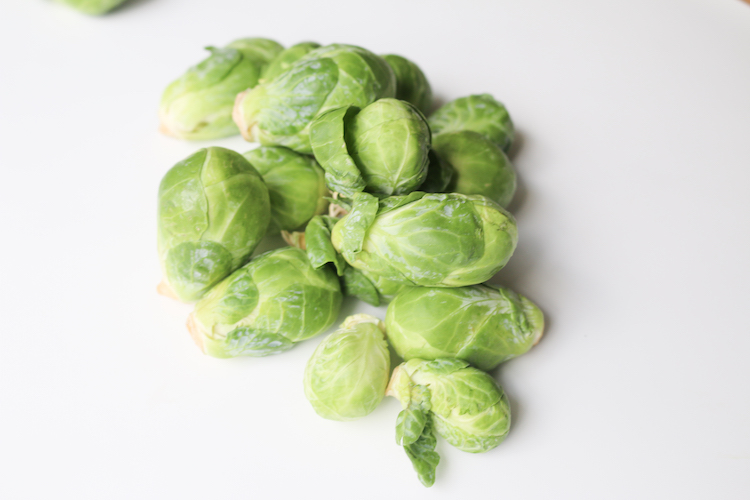
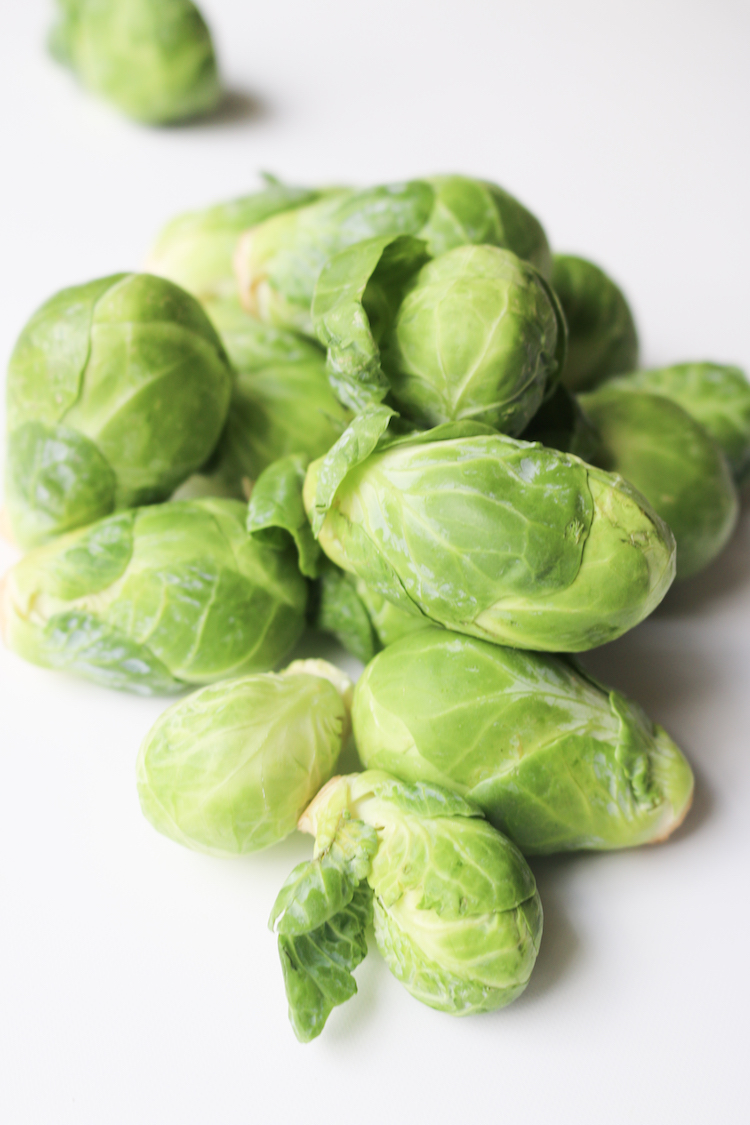
Brussels Sprouts Recipes
Looking for more ways to use Brussels Sprouts? Check out our favorite recipes here!
WHAT’S YOUR FAVE?
What ingredient do you guys want to learn more about? And if you have a favorite way to eat Brussel sprouts, tag @livesimplynatural or #livesimplynatural so the LSN community can get inspired by your dish too :)
Hugs,


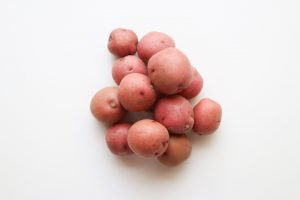
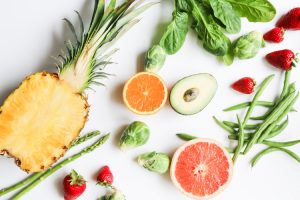
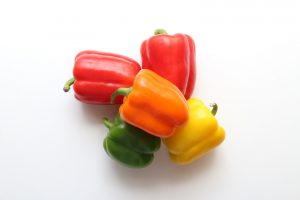
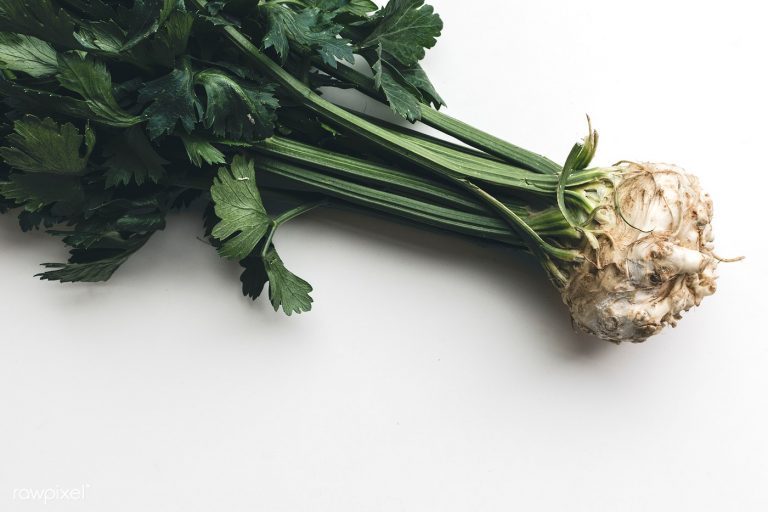
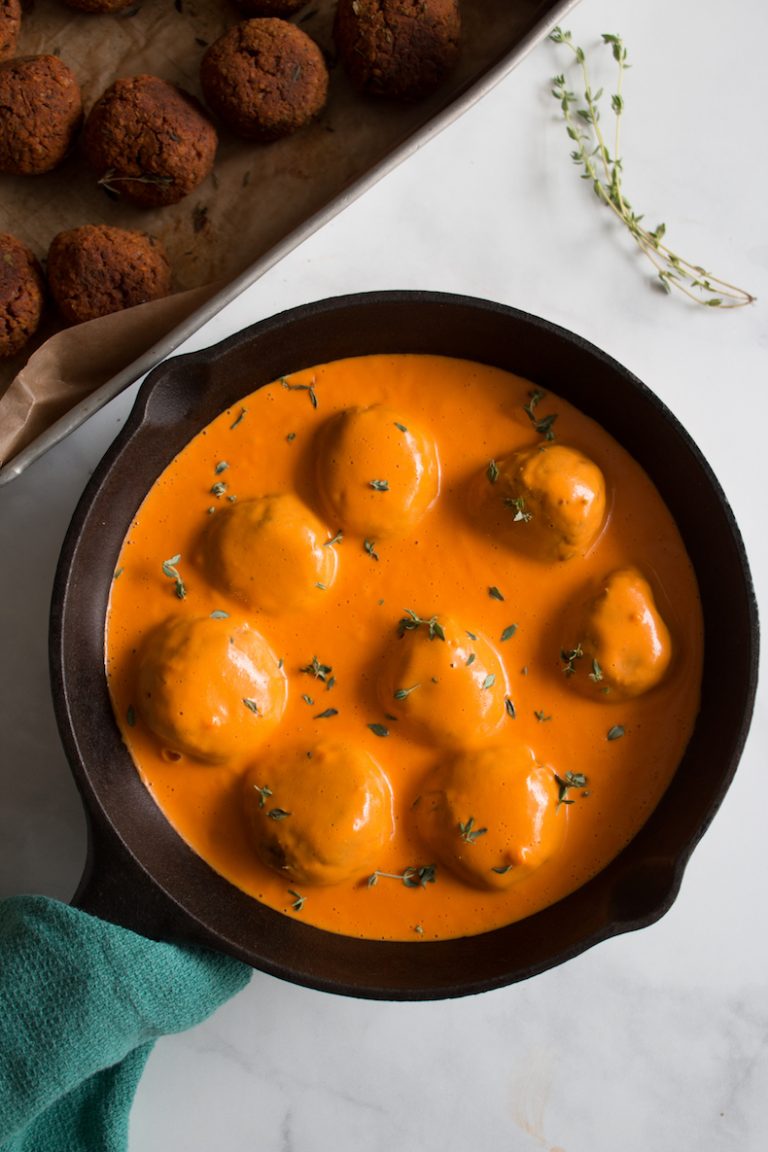
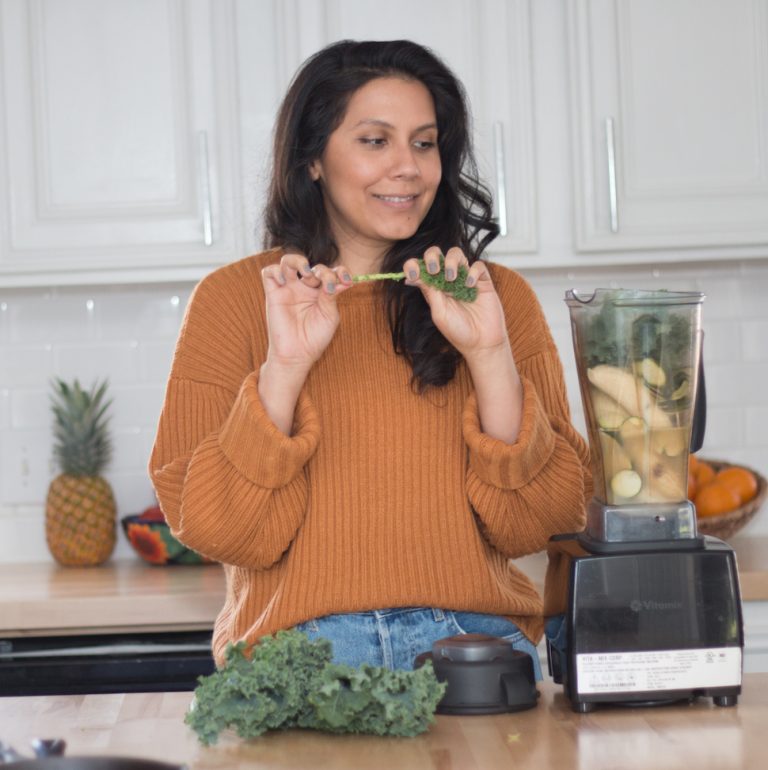
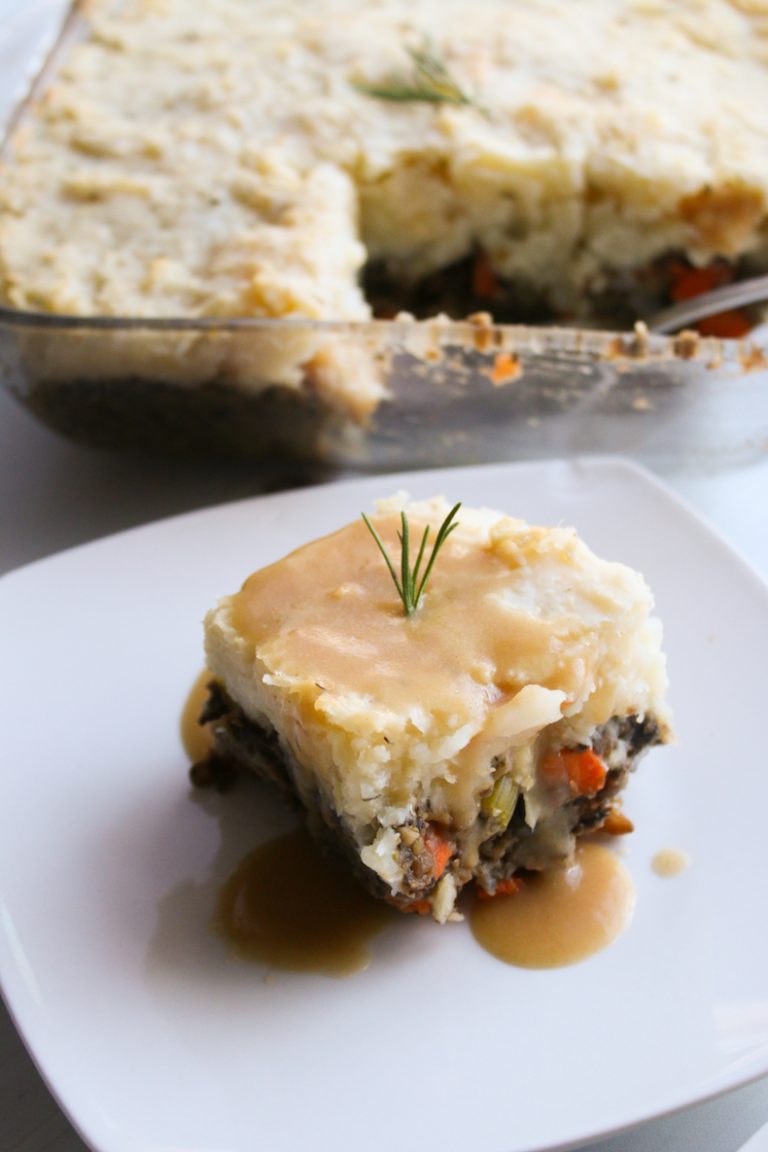
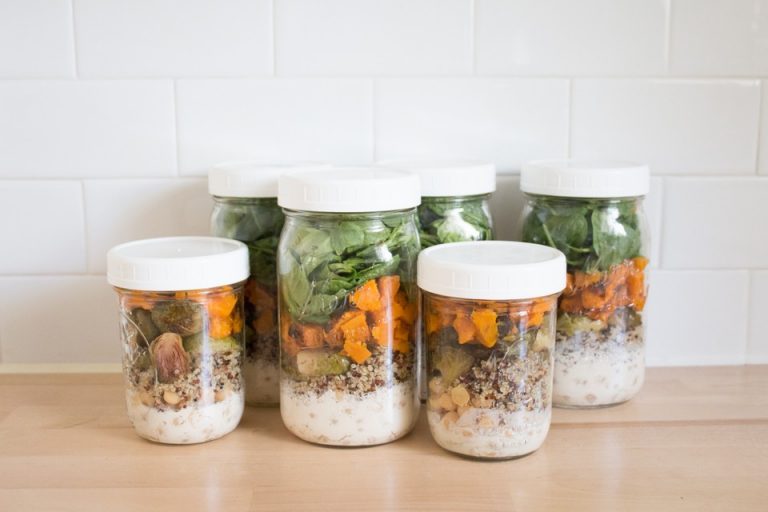


2 Comments